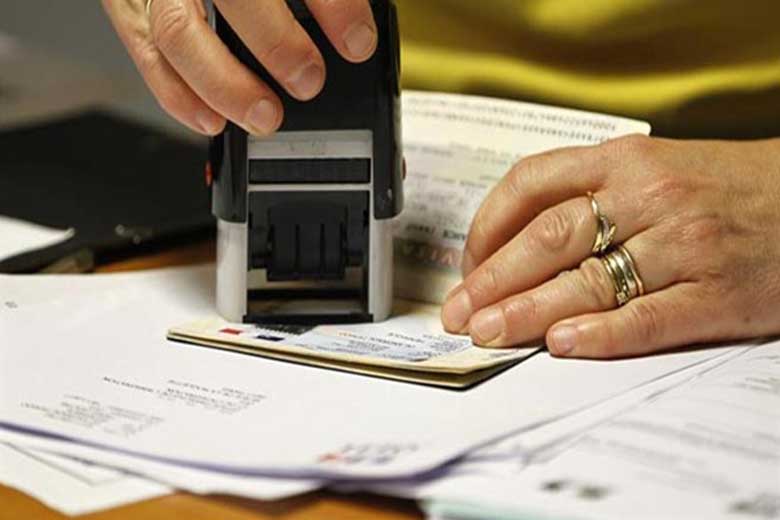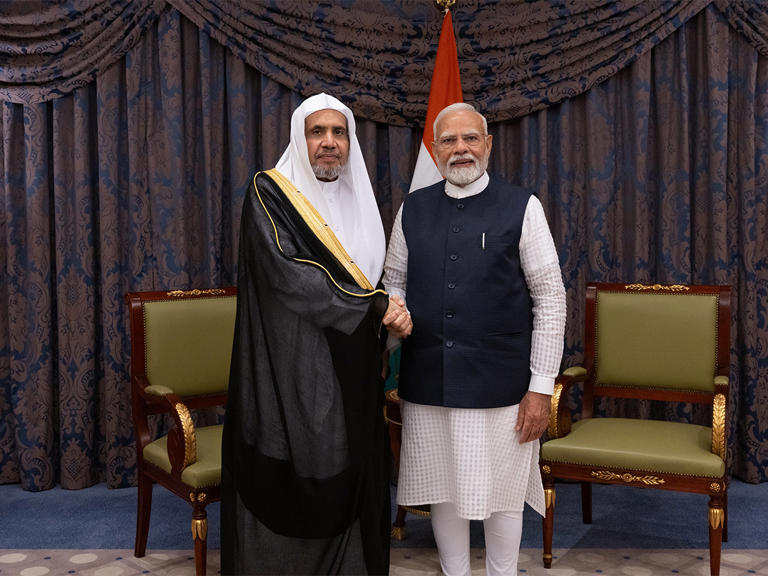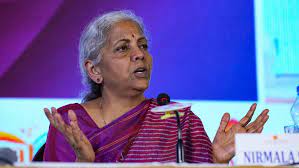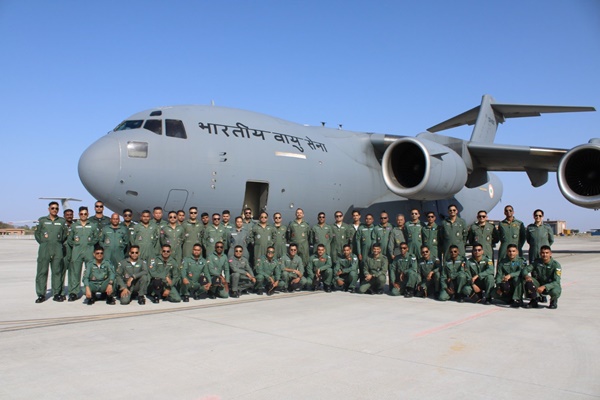Indian IT companies to pay over USD 8,000 per H1B visa
Sat 19 Dec 2015, 13:38:10

Almost all Indian IT companies would pay between USD 8,000 and USD 10,000 per H-1B visa from April 1 when the next annual H-1B visa filing session starts, thus making it quite unsustainable economically for them.
This is not only because of the USD 4,000 new fee imposed on Indian IT companies under the Consolidated Appropriations Act 2016 which was signed into law by President Barack Obama, but also due to the series of other fee that the Congress has added onto the H-1B visa application over the past one decade. Notably the original H-1B visa application fee is just USD 325.
Beginning March 2005 another USD 500 was added as Prevention and Detection Fee. Then there is an Employer Sponsorship fee under which companies having more than 25 employees have to pay USD 1,500 per visa application.
In case of 25 employees, companies pay half the amount USD 750. This is meant to fund the training of US workers.
As per the bill signed into law by Obama today, companies having more than 50 employees and more than 50 per cent of employees that are on H1B or L1 Visa status would have to pay an additional USD 4,000 per H-1B visa applications.
In the case of L1 visa it is USD 4,500. And not to miss is the Premium Processing
Fee of USD 1,225.
Fee of USD 1,225.
Under this, US Citizenship and Immigration Services decided on the H-1B visa application within 15 business days.
Given that Indian companies quite often have to send their employees to the US at a short notice they mostly end up opting the premium processing.
In addition to all these, most of the Indian companies pay between USD 1,000 to USD 2,000 as attorney fee for filing the H-1B visa application fee.
The H1B visa application fee is non-refundable.
Further Indian techies who come to the US on H-1B and L1 visas also pay Social Security and Medicare as part of their pay role. According to some estimates, it is more than USD 1 billion per annum.
While on paper they are eligible to receive Social Security benefits even if they leave the US, provided they have paid Social Security payroll taxes for at least 10 years, but since Indian IT professionals on H-1B visas can’t stay in the US for more than six years, that entire amount becomes non-partible.
India has been in talks with the US in this regard, but there is any hardly any movement.
Given that India has a global leadership in IT, Indian companies are major beneficiaries of the H-1B visas.
No Comments For This Post, Be first to write a Comment.
Most viewed from Specials
Most viewed from World
AIMIM News
Latest Urdu News
Most Viewed
May 26, 2020
Do you think Canada-India relations will improve under New PM Mark Carney?
Latest Videos View All
Like Us
Home
About Us
Advertise With Us
All Polls
Epaper Archives
Privacy Policy
Contact Us
Download Etemaad App
© 2025 Etemaad Daily News, All Rights Reserved.













.jpg)

.jpg)
.jpg)
.jpg)
.jpg)
.jpg)
.jpg)
.jpg)
.jpg)
.jpg)
.jpg)

















